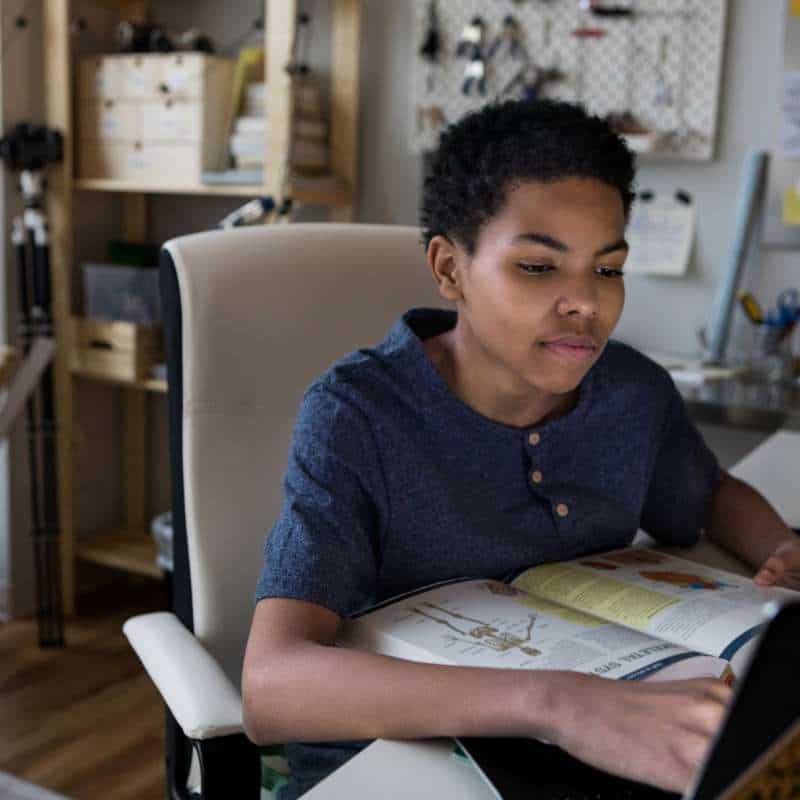POPULAR POSTS
- How Teen OCD Treatment Builds Lasting Coping Skills June 4, 2025
- Why Evidence-Based Treatment for OCD Matters for Long-Term Recovery June 6, 2025
- What to Expect from OCD Teenager Treatment at Visions Treatment Centers June 3, 2025
- Adolescence and Alcohol Abuse: How to Talk to Your Child About Underage Drinking June 10, 2025
- 5 OCD Treatment Center Strategies That Change Teen Lives June 5, 2025







